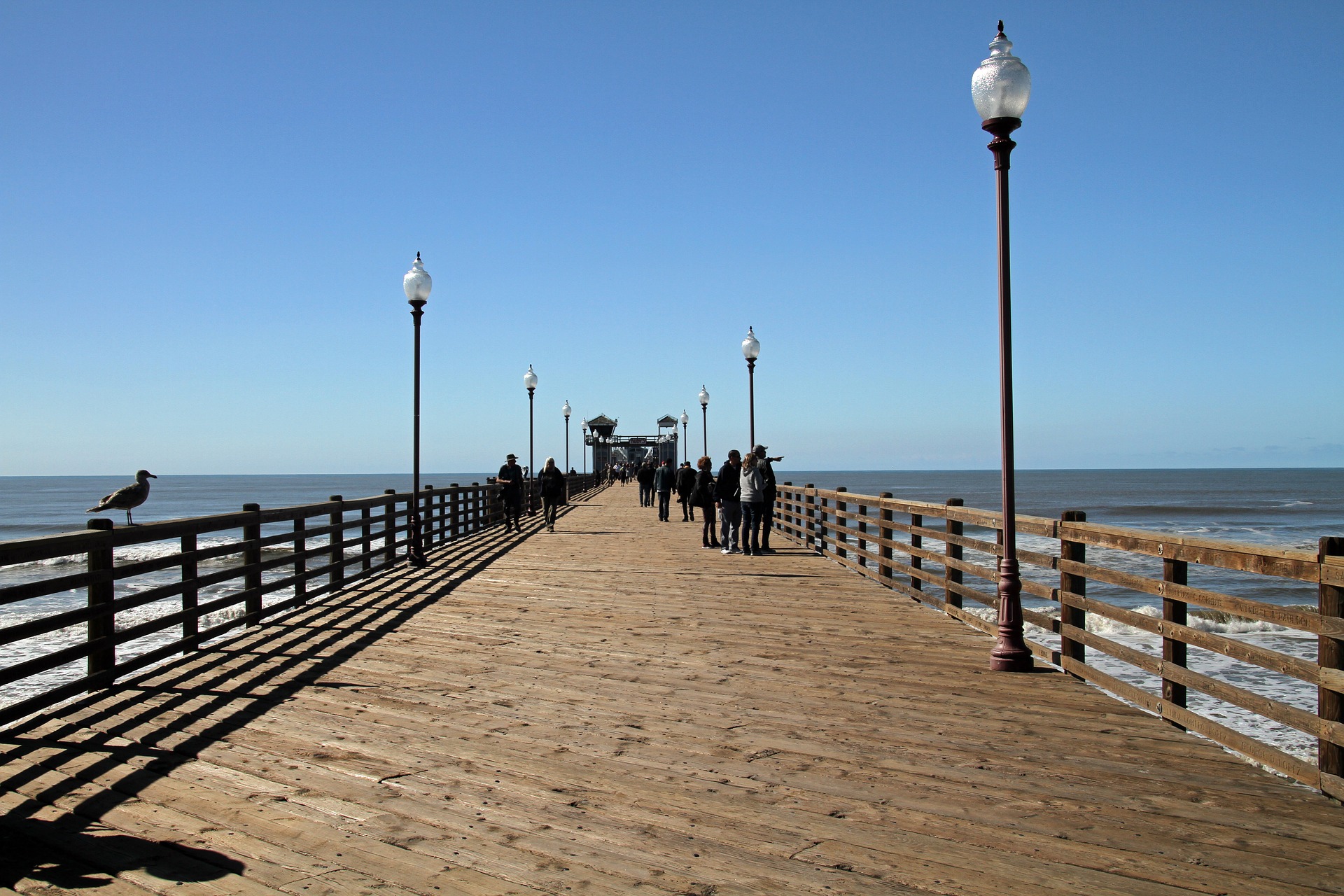
Light exposure is deeply tied to our wellbeing. When the days grow shorter, we need to be proactive to boost our sunlight and nature exposure.
Are you feeling a little blue? You might be tempted to blame it on the hectic nature of the holidays, or seeing too much political talk on TV or social media. But it might not be the only reason you aren’t your usual cheerful self.
Several weeks ago, we went through our annual change back from Daylight Time to Standard Time in the United States. Just the one hour of difference means most people are going home from work in the dark, and it also makes us aware we are slowly losing daylight a few minutes at a time until we reach the winter solstice this Saturday, December 21.
Without artificial time changes, we would naturally adjust over the summer months into winter gradually. We interrupt this natural adjustment by bringing it on all at once. We try to fool our internal biological clocks and while we can force ourselves to follow an artificial time schedule, nature fights against it. Different chronotypes (the generic predisposition to be an early bird or a night owl) feel the effects of time changes in different ways.
So blame your mood on nature first, not the politicians in Washington DC. Well, maybe a little since they’re the one who passed the legislation setting up the time change schedules.

When you live in San Diego, you’ve got plenty of sunshine during the shorter winter days to enjoy for good health. Photo: Monica Volpin, Pixabay
Recognizing how something as simple and ever-present as sunlight affects us points out yet again how deeply our physical and mental health is tied to the rhythms of nature. We may live in highly developed urban environments, with the latest technology. A one hour time change weeks ago shouldn’t matter so much, should it? It does. This is tied to the phenomenon of circadian rhythms, the 24-hour cycle of human physiological processes including brain activity, cell regeneration and other biological functions, which are affected by light and temperature.
The bottom line is that the more time we spend in an artificial environment without the presence of natural cues, our health suffers. It’s true for all sorts of natural influences, not just light. This is what the study of biophilia, the human connection to all of nature’s living systems, is about.
From what we have learned about things like time changes is that we need to try our best to recreate the natural environment in our artificial urban world. The more we can simulate nature by providing bright natural light, clean air without chemical exposure, and adding plants (my favorite!), the better we will feel and function day to day.
We like to recommend gardening and plant therapy at Good Earth Plant Company. Science has proven literally getting your hands dirty by contacting natural soil and the soil bacteria mycobacterium can trigger the release of serotonin in the brain. It’s biophilia at work. For 200,000 years, our existence relied on our ability to hunt and gather food. It was an exciting moment when ancient people found fruits and vegetables, and this same reward center of the brain activates when we grow our own plants today.

Scientific studies prove it: Plants in our working environment improve our mental and physical health.
When we ignore our need for connection to the environment, we suffer. We can blame it on a lot of other causes, but sometimes the fix is something we can actually control, and this is good news!
Light is a fundamental requirement for human, animal and plant physiology. Doesn’t it seem intuitive to you that sitting inside from 9 to 5 (or much longer) every day would get you down? Getting outside, breathing fresh air and letting your vision take in the colors and mental cues of nature is an antidote worth trying.
Improving the atmosphere inside your home and office during the darker, cooler months when you are forced to stay inside more often can improve your mood, make you feel more energetic and less depressed.
Having living plants inside the building can actually reduce the number of sick days used by employees during winter. While it may be true that a plant’s ability to clean the air of pollutants and increase oxygen levels may help, it seems as if there is also a powerful psychological benefit to having green in the office. In short, people just feel better when there are plants around.
Encourage your employer to add plants if there aren’t any, or aren’t enough of them to make a difference. If you can’t bring plants into the areas you live and work, get outside, or plan weekend activities outside in areas rich in plants and flowers. This simple approach can do a lot to alleviate the winter doldrums, and in San Diego it’s easy to do.
In very serious cases of SAD, therapy and antidepressants may be needed. There are promising LED circadian lighting products on the market now to support circadian health. Don’t hesitate to reach out for more help if your feelings run deeper than the occasional down day. Depression should never be ignored and can have serious consequences. Don’t keep your feelings inside. There is help for people who suffer from any kind of depression.
If you are an employer, consider letting the people who work for you choose their plant decorations for their individual desks. That little extra step can really help brighten their moods. Call on Good Earth Plant Company to help you brighten your workplace and perk up the mood and performance of your employees.

